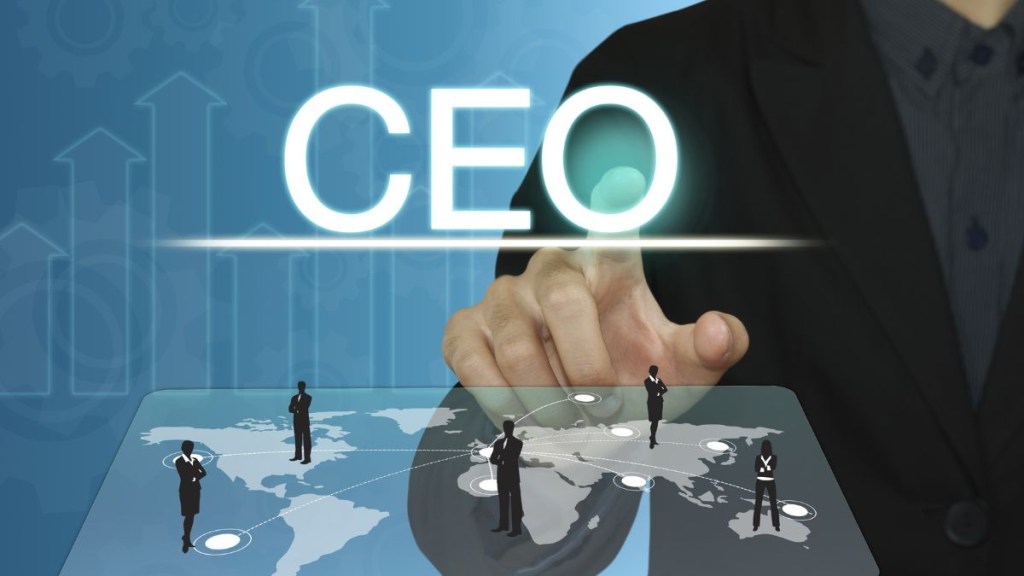India’s consumer sector is seeing a massive churn in the corner office, driven by intense competition and the lure of more meaningful jobs in smaller enterprises. According to a recent study by WalkWater Talent Advisors, nearly one in three CEOs in the consumer space has changed roles in the past three years, with 57% of these leaders moving from multinational corporations (MNCs) to Indian firms.
Half of the CEOs who transitioned joined smaller enterprises, while 10% moved to private equity (PE) or venture capital (VC)-backed companies. Rahul Shah, co-founder and director of WalkWater Talent Advisors, says this shift will accelerate as PE and VC investors deepen their presence in the Indian market. There is a noticeable trend of CEOs moving from larger companies (with a turnover exceeding Rs 5,000 crore) and mid-sized firms (between Rs 1,000 and 5,000 crore) to smaller companies (below Rs 1,000 crore) he adds.
The report, titled “Inside the Corner Office – The Definitive Look at India’s Consumer CEO Journey,” reveals that the shifting landscape is also being powered by a generational change in promoter families. Younger promoters are embracing professional management structures and creating space for experienced CEOs to lead. Simultaneously, the Indian consumer’s growing confidence in homegrown brands is reinforcing this trend.
Many Indian companies—especially those preparing for public listings—are offering eye-catching compensation packages, often beginning at around Rs 5 crore in fixed and variable pay, along with stock options and other equity-based incentives. This willingness to invest in leadership has made Indian firms formidable contenders for global talent.
Shah adds that top executives are seeking new canvases for impact, often gravitating toward Indian companies and smaller, high-growth ventures. He notes that this sentiment aligns with India’s evolving consumer dynamics and the rapid digitalisation of the sector.
Another striking insight from the study is the youthfulness of Indian consumer CEOs. With a median age of 50—significantly lower than in most other industries—the Direct-to-Consumer (D2C) segment stands out with a median CEO age of just 43. As digital-first business models expand, demand for younger, tech-savvy leadership is expected to remain strong.
However, transitions from structured MNCs to promoter-led Indian organisations are not always seamless. Shalini Jain, partner for the consumer and retail sector at WalkWater, points out that while some CEOs adapt smoothly, others struggle with differing organisational cultures and decision-making styles. She categorises promoter companies into two groups: first-generation firms, where autonomy is often limited, and second- or third-generation firms, where professional management tends to thrive.
The report also highlights the stark gender gap in leadership. Women hold just 6.9% of CEO roles in the consumer sector—a figure Jain says does not reflect the available talent in the industry.
WalkWater’s analysis covers 317 CEOs across sectors, including FMCG (34%), hospitality and quick-service restaurants (14%), retail and textiles (24%), consumer durables and electronics (15%), and D2C, education, and services (13%). The findings paint a dynamic picture of India’s consumer leadership landscape—one where ambition, agility, and homegrown confidence are redrawing the map of executive power.

